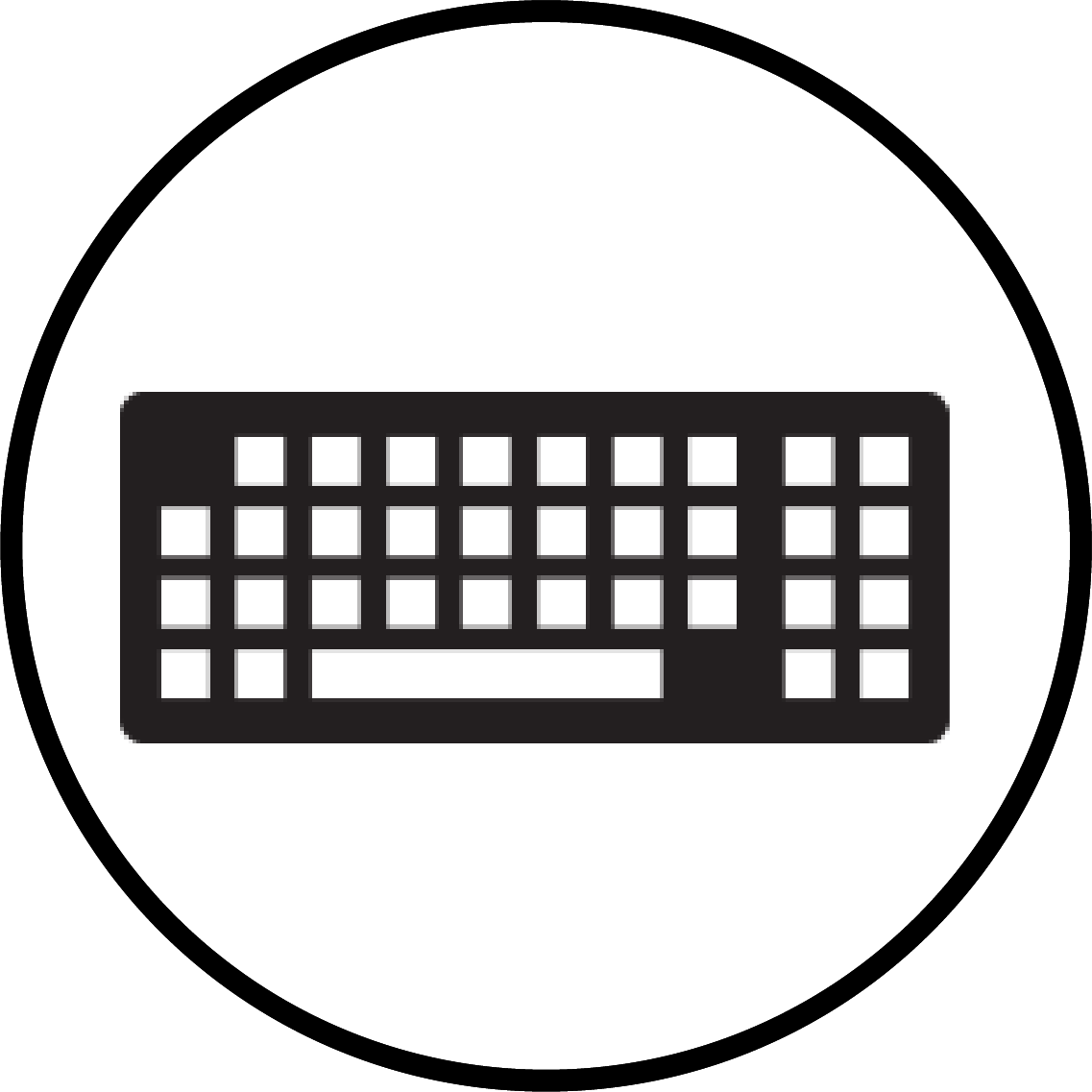
On the night of March 15, 2018, the Knesset approved the state budget for 2019. The budget ignores the systemic discrimination towards the Arab community, and allocates no funding for the construction of industrial zones, the alleviation of poverty, nor anything towards the housing shortage and high level of high school dropout rates. The Mossawa Center stresses that the promotion of Decision 922 - which pledges to allocate NIS 2 billion to the Arab community over 5 years - is misleading. We also repeat our commitment to continue to fight for equal budgetary consideration and fair economic development. The Center recently presented its demands from the State Budget in a special report which was discussed at a conference with the Finance Committee. The event included Committee members, MKs Dr Ahmad Tibi and Dr Jamal Zahalka, as well as representatives from the Committee of Arab Mayors and the Friedrich Ebert Foundation.
The state budget for 2019 was approved by a vote of 62 Knesset members to 54 opposed, and stands at NIS 479.6 billion. The largest allocation goes to security (NIS 73 billion), then education (NIS 64 billion), the National Insurance Institute (NIS 46 billion), and healthcare (NIS 42 billion).
The 2019 budget has ramifications this year as well, partly because of the commitments to the benefits plan for the disabled, the vacation plan of Minister of Education Naftali Bennett, and the welfare reform of Health Minister Yaakov Litzman. At the beginning of the week, the government approved an additional NIS 50 million for the yeshiva budget and another NIS 40 million for the unofficial educational institutions (the ultra-Orthodox institutions), to stand at NIS 1.225 billion. The church-run schools, which cater to Arab students regardless of religion are also considered as unofficial educational institutions. They will not receive budgetary supplements.
The budget includes more than NIS 100 billion in government debt repayments. NIS 397.4 billion will be allocated to government ministries' expenditure - the Ministry of Education budget will amount to NIS 60 billion to the Education Ministry; NIS 55 billion will be allocated to the Defense Ministry budget, but together with the US defense grant of NIS 16.7 billion, the overall defense budget will be NIS 72.7 billion. More than NIS 40 billion will be allocated to the health system, NIS 4.8 billion to Holocaust survivors, and NIS 9.6 billion to intelligence services. The budget includes a 5-billion-shekel cut (Platt).
In a statement sent by the Ministry of Finance, the budget includes, among other things, a plan to shorten school vacations, subsidize lunch, expand a work grant for parents, shorten the work week in the Israeli economy to 42 hours. In addition, barriers will be removed to facilitate the transfer of customer funds between banks, and personal import will be implemented as a means of reducing the cost of living.
The Ministry of Finance also claims that the budget works to streamline the public sector, reduce the number of government ministries, increase the housing supply and facilitate bureaucracy by issuing building permits for national infrastructures.
The National Care Plan was also included in the budget in order to expand and improve nursing services provided to the elderly. Nursing hours were increased and dental care for the elderly was incorporated into the category of healthcare. The labor grant was also increased for parents earning low wages in order to reduce poverty.
As part of plans to strengthen the competitiveness of Israeli industry, NIS 1.15 billion was allocated to increase the competitiveness of local industry, with emphasis on the small and medium-sized industries, raising labor productivity and reducing the regulatory burden on the business sector. The resources will be allocated, inter alia, to advancing the assimilation of advanced manufacturing technologies in the industry, encouraging research and development, promoting the training of skilled manpower, and increasing exports.
The budget also includes reforming the technological education system, encouraging the transition to renewable energies, encouraging passenger cars in public transport routes, reducing the use of private cars, and promoting an additional Ayalon railway that will cope with the expected increase in the number of passengers on Israel Railways.
In 2019, the deficit will be 2.9% of GDP and this will fall to 2.5% in 2020. In order to finance all the ministers' demands, it was decided to cut the budget by 2.9 percent in 2018 and 3.9 percent in 2019. 73 billion for security, 64 billion for education The defense budget is NIS 55.3 billion (NIS 72.7 billion), along with an American defense grant, the sale of arms to other countries and revenues from the sale of land from the transfer of camps, bases and IDF training camps totaling NIS 17.6 billion
The budget includes:
NIS 60.5 billion for the Ministry of Education
NIS 20 billion for the Ministry of Transportation
NIS 19 billion for the Ministry of Public Security
NIS 11 billion for higher education
NIS 11 billion for the Ministry of Social Affairs
NIS 6 billion for local authorities
NIS 5.3 billion for the Ministry of Housing
NIS 42 billion for the Ministry of Health
NIS 5.63 billion for Local authorities and balancing grants
NIS 3.77 billion for the Ministry of Justice
NIS 3.56 billion for the Ministry of Social Affairs and Labor
NIS 2.44 billion (NIS 115.7 million) for the The Prime Minister's Office
NIS 2.23 billion for the Ministries of Science, Culture and Sport
NIS 795.3 million for the Knesset
NIS 736.7 million for lections and party funding (of which: NIS 436.2 million will be allocated to party funding and NIS 283 million to preparations for elections to the Knesset)
NIS 736.2 million for the Ministry of Religious Services
NIS 497.7 million for the Ministry of the periphery
NIS 454 million for the Development of the Negev and Galilee

























